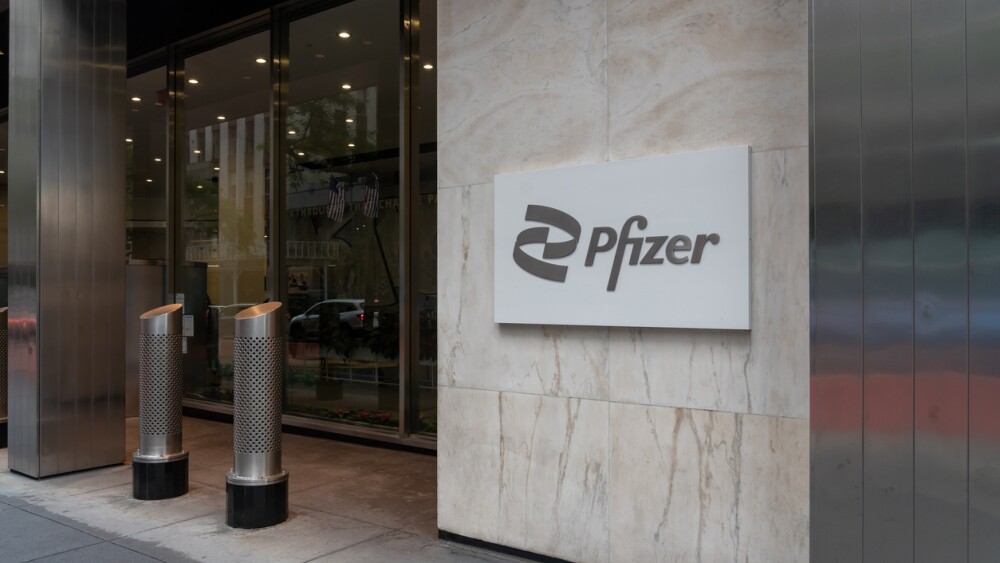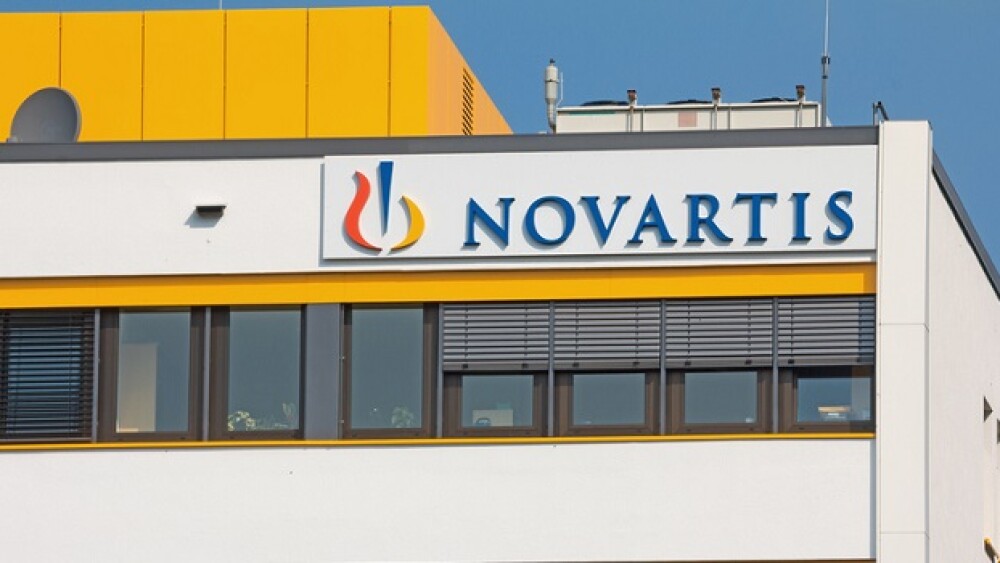December 9, 2016
By Mark Terry, BioSpace.com Breaking News Staff
In a follow-up to its announced Alzheimer’s drug failure of November 23, Eli Lilly and Company presented more detailed data from its Phase III EXPEDITION3 trial of solanezumab at the 9th Clinical Trials on Alzheimer’s Disease (CTAD) meeting today.
Solanezumab had failed in mid-stage trials before, and Lilly essentially changed the patient population, looking at patients who had a mild form of the disease, and changed the endpoints prior to the final read out. But it still failed to make significant improvements, particularly in the terms of slowing cognitive decline.
Lilly used a variety of parameters to measure the change in cognitive decline. The Alzheimer’s Disease Assessment Scale-Cognitive (ADAS-COG14) subscale, which measures cognitive functions, including memory, attention and language abilities, showed an 11 percent reduction in decline (p=.095). That was the primary endpoint.
Secondary endpoints weren’t met either. The Mini-Mental State Examination (MMSE), the most commonly utilized test for memory problems, showed a 13 percent slowing of cognitive decline (p=0.014) compared placebo. The Clinical Dementia Rating-Sum of Boxes (CDR-SB), which measures cognitive and functional performance, such as memory, orientation and personal care, showed a 15 percent slowing in decline (p-0.004).
The company also used the Alzheimer’s Disease Cooperative Study-Instrumental Activities of Daily Living (ADCS-iADL), showing a 14 percent slowing of decline (p=0.019), and the Functional Activities Questionnaire (FAQ), which had a 7 percent reduction in decline (p=0.140).
What it did show was that there was a decrease in amyloid deposits in the brain, although there are some mixed messages here. John Carroll, writing for Endpoints News, said, “Investigator tracked significant changes in plasma levels of the protein, but checking amyloid deposits with PET imaging produced no significant changes. Researchers in other programs will be following that closely as they make their own assaults on amyloid, which remains a key focus. There is a growing consensus in the field, though, that it will take combination therapies to have a real impact on the memory-wasting disease that afflicts millions.”
“The results of EXPEDITION3 are without question disappointing,” said Eric Siemers, distinguished medical fellow at Lilly, in a statement. “However, Lilly remains committed to finding solutions for this devastating disease. We will continue to analyze study results and work with the external scientific community in the hopes of uncovering findings that will help shape and advance future Alzheimer’s disease research.”
Lawrence Hong, professor of neurology at Columbia University Medical Center and principal investigator of the EXPEDITION3 study, presented the data at the CTAD meeting. He said in a statement, “Alzheimer’s is a challenging disease that researchers have been committed to studying for some years. Now is not the time to give up. While the outcome of this study is not what we had hoped for, it is reasonable to believe that disease modifying therapies to slow down the progression of Alzheimer’s disease will be discovered.”
Also, today, Biogen released early data from its Phase Ib trial of its own Alzheimer’s drug, aducanumab, at the meeting. The bottom line of their data is that of the more than 100 patients receiving the drug showed a drop in Alzheimer’s-related beta-amyloid in the brain, as well as continuing to show a slowing of cognitive declines.
Biogen is currently conducting Phase III trials of aducanumab, for which it is still enrolling patients. Final data on those trials are not expected until 2020.
Aducanumab and solanezumab are similar drugs, both monoclonal antibodies targeting beta-amyloid. There are differences in potency and specific molecular targeting.





